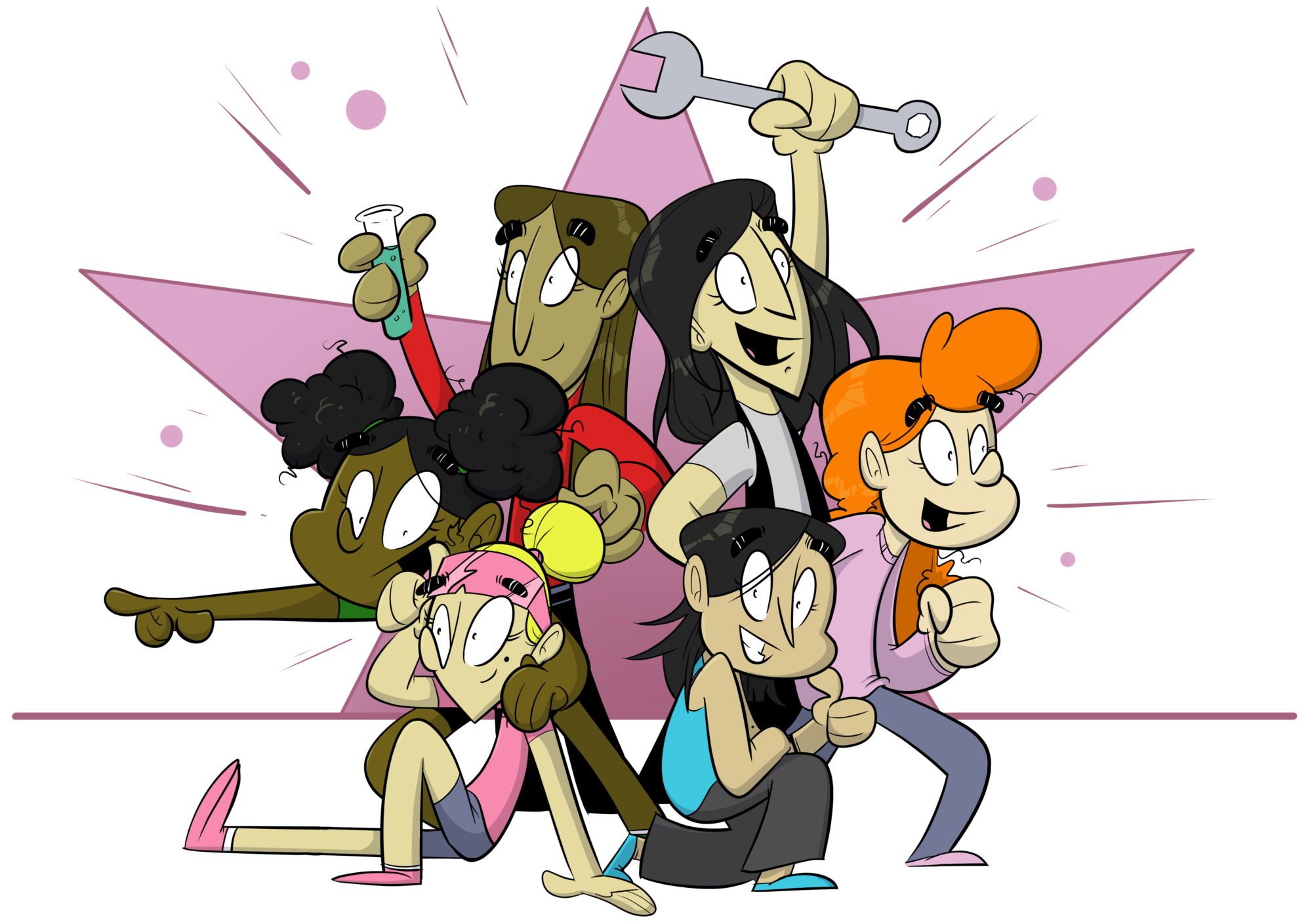Women are constantly apologizing for things we didn’t do. We are trained from a young age that we need to apologize anytime someone disagrees with us; anytime we don’t share someone’s feelings; or anytime something bad happens to someone else, even though we had nothing to do with it. This constant need to apologize for everything also means we tend to take the blame when something goes wrong, even when we weren’t to blame.
As women, we feel that we should have planned better, or explained something in more detail to whomever was picking up from where we left off. If something goes wrong after we pass off a report, or send someone into the field, we take the blame. Forget about the fact that we had no control how the next person in line completed his or her task; it is somehow our fault.
In a male-dominated field, constantly taking blame for something you didn’t do can be a career-killer. It can make you seem as if you don’t know what you are doing, which in turn affects your salary and your career prospects. Additionally, feeling the need to apologize for everything can make you feel insecure about how good you actually are at your job. Feeling like everything is your fault, regardless of how much control you had over it, can you make question your choice of career, as you feel like you’re always messing up. It can make you worry about your prospects at your current employer or make you feel as if your contributions aren’t being recognized fairly. Maybe you did something really well, and went above and beyond, but small mistakes that weren’t even your fault resulted in you losing credit because you fell on the sword. Feeling insecure about your job performance can also cause you not to have an opinion or speak up. You may even end up apologizing for just having an opinion in a meeting! You feel like you wasted everyone’s time, or you feel like a total idiot for even thinking your opinion mattered.
I don’t think I’ve ever heard a male actually apologize in the work place for making a mistake. They’ll say, “I thought I had already done that,” or “Thank you for following up,” when you ask them where something is they were working on for you. They’ll always have an excuse, but they rarely say, “I’m sorry.”
This constant need to apologize affects our personal lives as well. I’ve stayed in relationships for longer than I should have because I was worried about hurting my boyfriend’s feelings. I’ve been told by others that the reasons behind ending a relationship or a friendship were ridiculous, even though these feelings were very real to me. Then, I felt the need to apologize to my friends for how I felt, along with my boyfriend for breaking his heart. While I felt bad for him, I shouldn’t need to apologize for ending something that I was unhappy with.
So how, as a parent, do you break the habit of your daughter apologizing for something she shouldn’t apologize for? First, teach her to recognize when she truly did something wrong versus when she just feels a certain way. She should only ever apologize for an action, not a feeling. If she was blatantly mean to a sibling, friend, parent, etc., yes, she needs to apologize for her actions. If she lied to you, she needs to apologize. If she made an honest mistake, sit down with her and figure out how it happened. Teach her how to walk through the entire task, determine what went wrong, and what could be done to fix it. The most important question she should ask before she apologizes is, “Did I have control over the outcome?” If the answer is, “No,” then she should not apologize. Even if she did mess up, tell her the most important thing to do is to figure out how not to make the same mistake again. Maybe there needs to be a better procedure in place. Maybe she or her entire team needs to work on communication. Identify the reason an issue occurred, promise to correct it, and move on.
